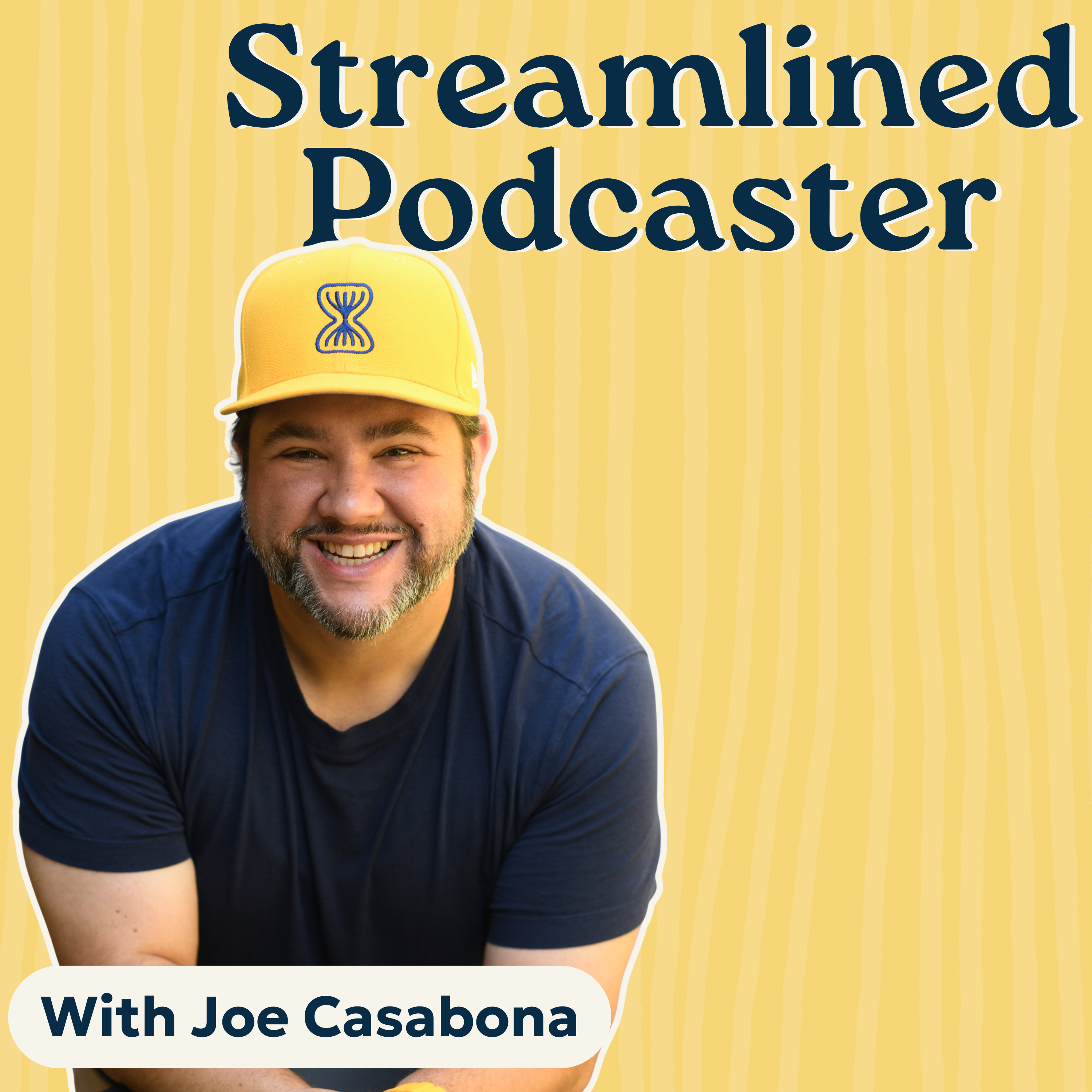
Podcasting Made Simple
Podcasting Made Simple is the premier podcast about podcasting! We’re here to help podcast guests and podcast hosts reach more listeners and grow their income so they can change more lives! Join Alex Sanfilippo and other podcasting industry experts as they share how you can level up on either side of the mic! (Show notes and resources: https://PodMatch.com/episodes)
Podcasting Made Simple
Becoming a More Confident Podcast Guest | Michael Ashford
Do you ever feel self-conscious when sharing transparently about yourself? This can be a hindering struggle for many of us! Increasing your confidence as a podcast guest is key to showing up in a way that serves listeners. In this episode, Michael Ashford shares how you can deliver your message with more confidence by addressing specific facts and providing clarity. Get ready to raise your confidence so you can leave a more memorable impression on podcast hosts and listeners!
MORE FROM THIS EPISODE: HTTPS://PODMATCH.COM/EP/294
Chapters
00:00 Introduction
01:27 Showing Up Confidently as a Podcast Guest
07:47 Answering the 'So What?' Question for the Audience
08:44 Clear, Concise, and Authentic Communication
11:36 Listening to Yourself: Learning and Improving
12:31 Conclusion
Takeaways
- Guests on podcasts don't need to be actors or performers, they should focus on being storytellers and bringing their unique perspectives and wisdom to the conversation.
- It's important for guests to answer the question 'so what?' and make sure that the audience can relate to and find value in the stories being shared.
- Guests should be clear, concise, and specific in their communication, and speak authentically and naturally.
- Guests should listen to themselves and learn from their experiences to continually improve their podcasting skills.
MORE FROM THIS EPISODE: HTTPS://PODMATCH.COM/EP/294
🎟️ UPCOMING EVENT: Podcasting Made Simple Live, our virtual event for podcast guests and hosts! See the details: https://podmatch.com/event. Enter code PMLIVE for free VIP access!
You're listening to Podcasting Made Simple. If you've ever been asked to get in front of a microphone and share your story, share your ideas, share your wisdom with the person on the other side who's got a mic in front of their face, you know that it's not as easy as it sounds. Something changes in the dynamic when that microphone is placed in front of you. You immediately begin to think, well, who's going to hear this? Who's listening? What is the audience going to think of me? What are they going to say? Am I going to sound smart to them or am I going to sound like I know what I'm talking about? Am I even supposed to be here because of the audience and what they might think? Are they going to think that I don't belong? We put this pressure on ourselves to feel brilliant or to say something brilliant, to say something profound or deeply insightful in that moment. So we heaped pressure on our shoulders. And then of course we get the podcast voice. where we want to make sure that our inflection and tone come off as if we are truly well -versed in being on a podcast. Isn't that right? And so we just, we heap all this pressure on ourselves. The dynamic changes when a microphone is placed in front of us. You can call it imposter syndrome. You can call it, like I've done several times here, pressure. No matter what, the dynamic changes. And so what I want to talk to you about today is how do you show up more confidently? when you are a guest on a podcast. A lot has been said or written. We all know the fear of public speaking and being on a podcast is a form of that, yes. It's not exactly being on a stage in front of a live audience, but it is a form of public speaking and people do have real fears about it. Now, if you're a podcast host, maybe some of this stuff will help you assuage some of those fears that your guests might have. But if you are somebody who wants to be on more podcasts or somebody who is a guest who wants to show up more confidently. What I want to talk to you about today, hopefully will help you do that. And I have a lot of experience in this being a podcast guest myself, but more importantly, I was the host of a fitness podcast for many, many years, specifically focused on dads. And yes, it seems like everybody and their mom or dad has a podcast these days, but the bulk majority of my guests that came on that show were people who I was the first show they had ever been on. They had this question in their mind like, what would I say? Like, why do you want me on a podcast? There was an immediate lack of confidence and an immediate questioning of that person's ability to even be on the show. And so hopefully if you listen to these things today that I'm going to go through, hopefully that helps change a little bit of your own approach to being a podcast guest. Okay, so the first thing and the most important thing that I want to get across to you. You're not an actor. You're not a performer. You don't have lines to recite. No one knows what you're going to say, not even the host. And you don't have to be the smartest person in the room. Now, there's of course, nuance and caveats to all this. If you are a scientist talking about your research, I'm going to assume that you're pretty confident in your research and talking about it. And some other things that I'm going to address here later will touch on that portion of it. knowing our material, but being able to relate it to others in such a way that it makes sense to them. That's another piece of showing up confidently. But yes, of course, there are moments where you may literally be the smartest person in the room. But for the most part, most of us, taking the pressure off of ourselves to act a certain way, I just kind of talked about the podcast voice, to sound a certain way. to perform a certain way when we have that mic in front of us, that's not our intent, that should not be our intent, that should not be our goal as podcast guests. Because I'll tell you from the host perspective, we want you. We want you to show up as your true and authentic self, and I know that sounds cliche these days, but it's absolutely true. We invited you on for your perspective, your wisdom, your uniqueness, so bring that to us. And the way that we do that, the way that you do that is by thinking of yourselves not as an actor or a performer or being the smartest person in the room, but being a storyteller. And again, I know that there is pressure in, well, what story do I tell and is my story good enough? And, you know, is it interesting enough? Again, we want you, we want your uniqueness. We want your wisdom. Your story doesn't have to be grand, but it does have to be meaningful. And chances are that it is because otherwise the podcast host would not have invited you on the show in the first place. So there is something in your story that is real and true and authentic and we want that from you. So here's the one of the ways that you can be more confident as a guest on a show. Go in thinking, I don't need to recite facts, figures, data, statistics, unless that's part of why you're being asked on the show, of course. Come in with a story to tell. Your host wants unique stories. So challenge yourself to bring that to them. Speak in stories just as you would telling a friend over coffee about whatever topic you're coming on that podcast to discuss. If you've been on multiple shows, your podcast wants uniqueness from you. Your podcast host wants uniqueness from you. So bring your unique story and challenge yourself to not just repeat the same story over and over again on every show that you do. There's an impetus on you every bit as much as it is on the host to challenge to bring that out of you. Yes, I, as a podcast host, I make it my goal to bring the unique stories out of my guests with the questions that I ask. But you as the guest also need to make a commitment to that as well. And if you can do that and bring that to us in story form where you are literally just telling us your perspective, your own unique wisdom and experience, that will help you be more confident. There's no lines to remember there. There's no performance to be had there. You're simply telling us a story. And I could end this talk right there, but I don't want to. There are still some other important things that I want to get to. But if nothing else, show up and tell us stories. Stories are how we communicate and connect with each other as human beings. And just because you have a microphone in front of you does not mean that that method of communication is devalued or is diminished in any way. Now, some other things that I want to get to real quickly. As a podcast guest, you must answer the question for the host and for the audience, so what? Your unique perspective, your unique experience, your unique wisdom, how does it relate to me? Why do I care? Why should I care? Think about those stories that you want to tell and how they might be expandable or relatable to the larger audience who may be listening to you. So while, yes, earlier I mentioned, you know, cares what the audience thinks. But if you truly want to have as deep an impact as you can as a podcast guest and the topic that you're going to be discussing, make sure that you answer the question for the audience. So what if you're getting on there just to ramble about, I don't know, your day? How does that relate to me and perhaps the questions that I have or the challenges that I have? Make sure that you think about in the stories that you tell. how it's relatable to this grander idea or grander issue or problem or question that the audience might have about whatever it is you happen to be discussing. And that's followed by how are you or why are you the person to tell that story, to give that perspective. So yes, audience, get it out of your head, what they might be thinking, what they might be, their perspective of you might be, but also have them in mind. It's nuanced. It's not a binary. It's not a either or or a yes no situation here. We want to make sure that we keep the audience in mind without feeling like we have to perform for the audience. On that note, less is more. The fewer words that you can use to get your point across, the better. Be clear and concise. Give us the most important information and refrain from feeling like we have to give every single detail unless it is important to the overall story or or perspective that you're trying to share. Less is more. Communicate with clarity. And there are some ways that we can do that. One of my favorite really quickly is to describe your favorite movie in as few words as possible and have it still make sense. If you can pare it down as tightly as possible, but there's still missing elements, then sprinkle on a little bit more details to make sure that you get to the main points. But a movie is two, two and a half hours long. We don't need every little detail of the plot if you're trying to explain it to us. We just need the core facts to get us excited about the idea and to want to take action to learn more. In the case of a movie, to go watch it. Okay? Be specific. Too many podcast guests think that they get into these big ethereal or big global ideas. And podcast listeners want something actionable. They want something that they can take away from the conversation and say, I can go do this or I can go say this or I can go act upon this in some way. And yeah, some podcasts are not as actionable as others. Comedy podcasts, true crime podcasts, for instance. But the more, if you're on those shows, be specific. Tell us specific jokes. Tell us specific stories from cases. There are ways that you can be specific and actionable, even if the show's format or premise at first blush doesn't seem like it's actionable for the audience. There are ways to do that. And being specific is a way to draw the audience in. Finally, last couple of things. Speak like you speak. Now we already talked about the podcast voice, but speak like you speak, not like you write. Use your own metaphors, use your own phrases. Quote movies if that's part of you. Humor, if you're a funny person, use humor of course, especially if you're on a comedy podcast. But avoid forced or dated humor. Make sure that you are paying attention to your references. Avoid cliches, avoid jargon. None of us speak like that to our parents or to our children when I'm talking about cliches and jargon. Speak like you speak, not like you write and certainly not as you act. perhaps in a business setting. Being specific helps you avoid those things like jargon and cliches. And again, tread lightly with humor. Tread lightly. I know we all like to think we're funny. Very few of us probably are in a podcast setting. It takes a special personality to be funny in that way and in that medium. Last thing that I want to leave you with, listen to yourself. Go back and listen to your episode. I know. No one likes the sound of their own voice. I'm going to go back and listen to this just to see what I said that sounded stupid, what I said that sounded not exactly how I wanted it to say. I'm going to go back and evaluate my game tape. Do that for yourself. Even if you've just been on one podcast, you could be on another some a couple of years, a couple of months, a couple of weeks down the road. You want to improve and to be more confident. Listen to yourself and say, hey, next time I'm asked that question or a question like it. I'm going to answer this way. I'm going to say this thing. Go back and watch your game tape. Listen to your game tape and keep at it. Don't give up after one or two times when you feel like you didn't really bring it as you wanted to. You can get better. It takes practice just as any talent or skill might require some practice. So I hope these were helpful for you and I look forward to any questions that you might have. For more episodes, please visit podmatch.com forward slash episodes. Thank you so much for listening.
Podcasts we love
Check out these other fine podcasts recommended by us, not an algorithm.

Content Is Profit
BIZBROS
Win The Content Game
Deirdre Tshien - CEO & co-founder of Capsho, AI-powered Content Marketer (the fastest way to repurpose and market your expert content)
Fastlane Founders and Legacy with Jason Barnard: Personal Branding, AI Strategies, and SEO Insights
Jason Barnard Entrepreneur and CEO of Kalicube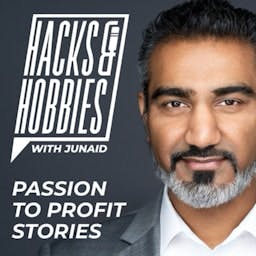
Hacks and Hobbies with Junaid Ahmed
Junaid Ahmed
I Have A Podcast by Vinnie Potestivo
Vinnie Potestivo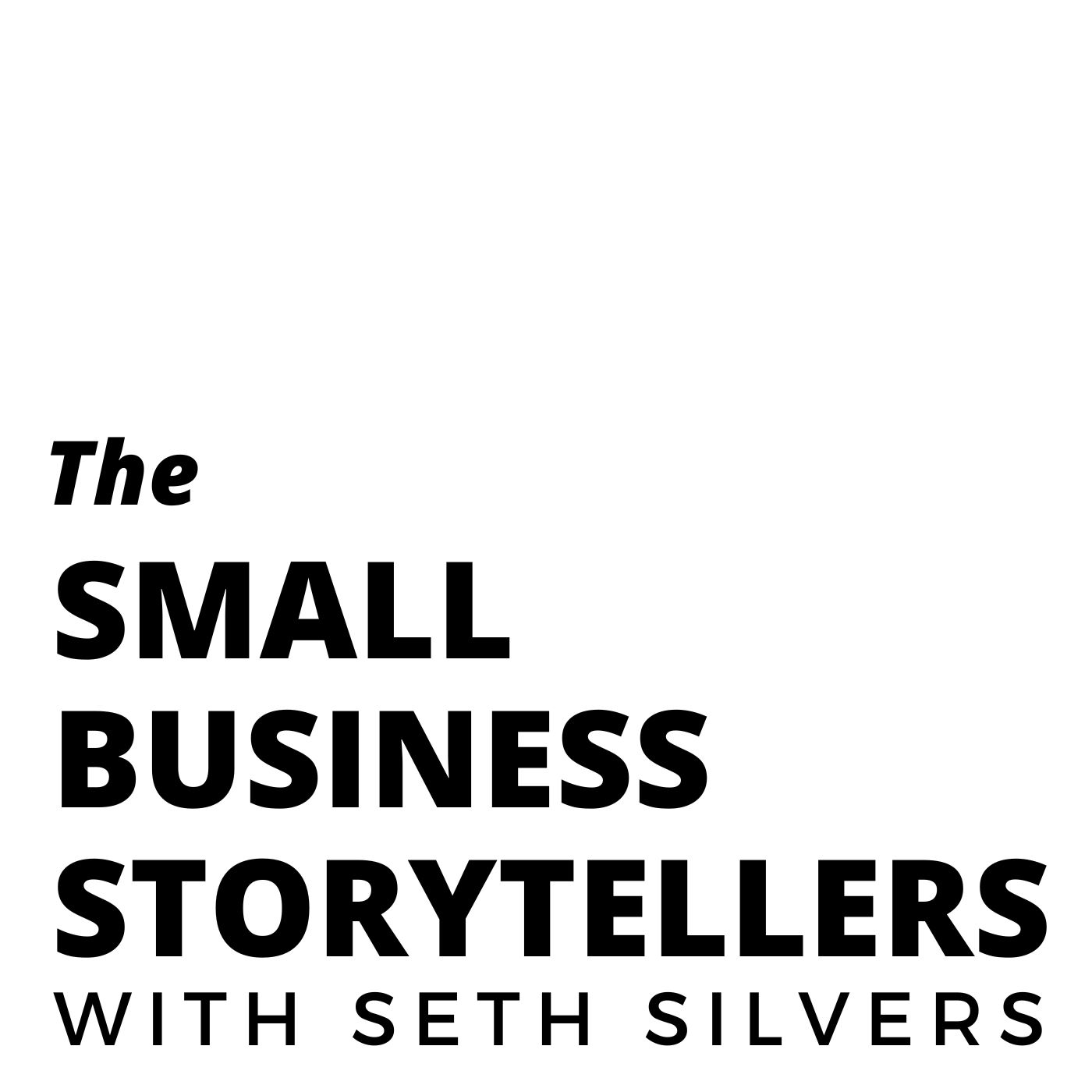
The Small Business Storytellers with Seth Silvers
Seth Silvers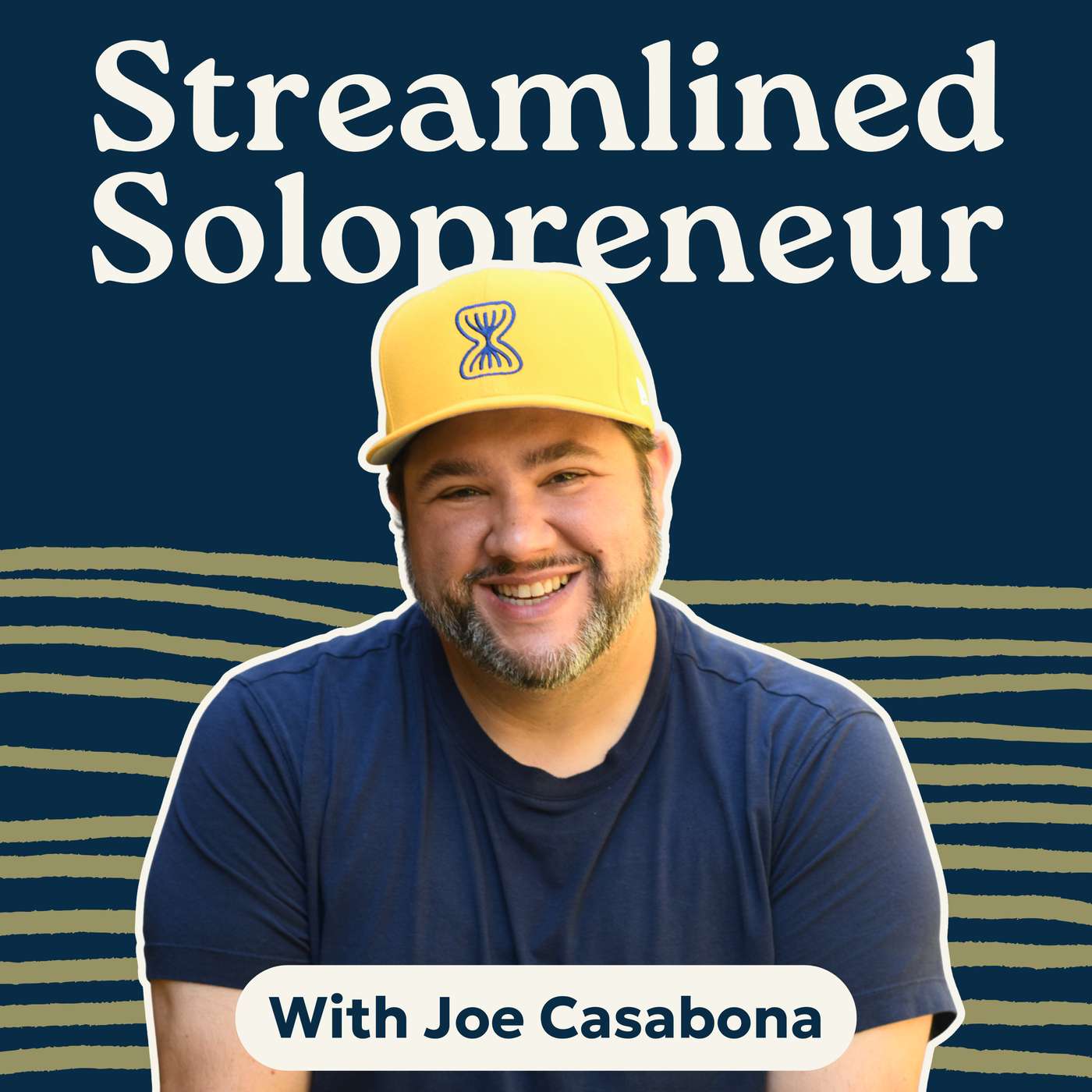
Streamlined Solopreneur: Tips to Help Small Business Owners Grow Without Burnout
Joe Casabona, Business Systems Coach
Insider Secrets to a Top 100 Podcast with Courtney Elmer | Podcasting Strategy for Business Growth
Courtney Elmer | PodLaunchHQ.comDo The Thing
Stacey Lauren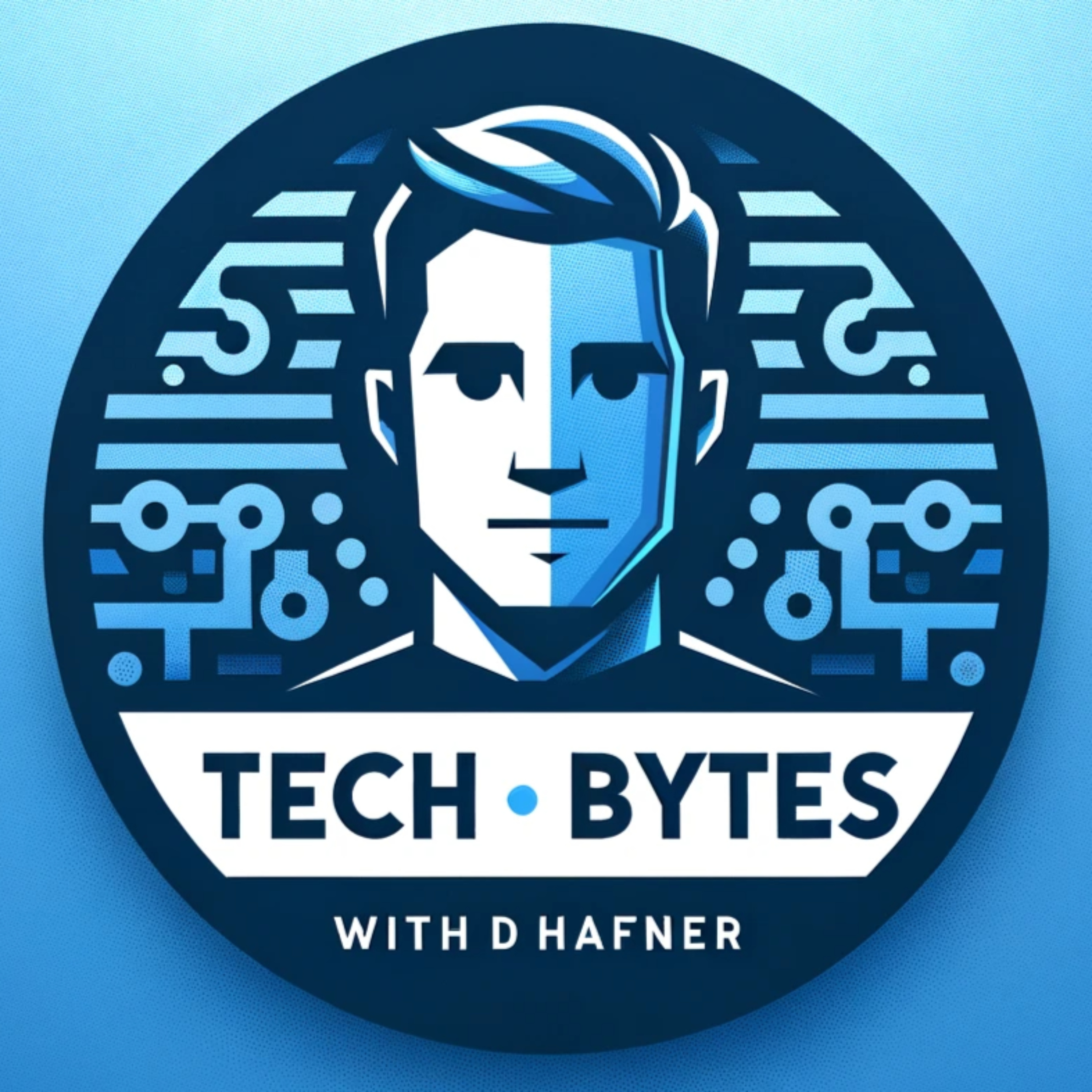
Tech Bytes - with Dan Hafner
Dan Hafner

